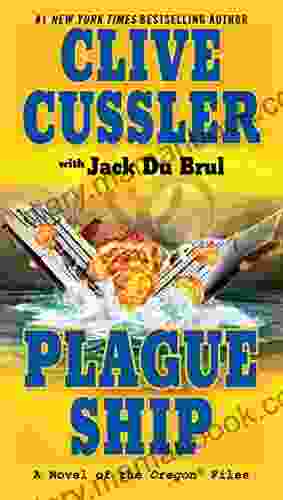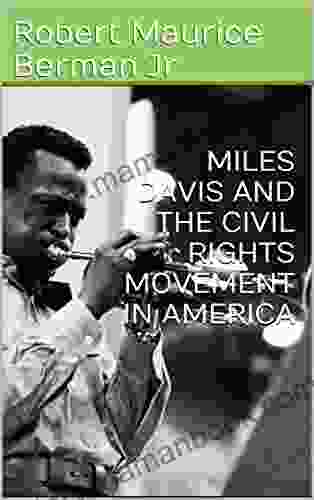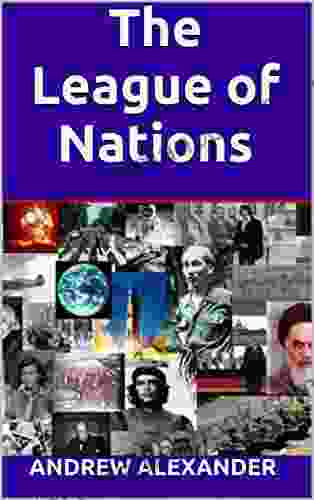The League of Nations: A Historical Perspective by Andrew Alexander

The League of Nations was an international organization founded after World War I to promote international cooperation and prevent future wars. It was the first permanent international organization whose mission was to maintain world peace. The League was headquartered in Geneva, Switzerland, and its membership peaked at 58 countries. The United States never joined the League, although it played a major role in its founding.
5 out of 5
| Language | : | English |
| File size | : | 458 KB |
| Text-to-Speech | : | Enabled |
| Screen Reader | : | Supported |
| Enhanced typesetting | : | Enabled |
| Word Wise | : | Enabled |
| Print length | : | 12 pages |
| Lending | : | Enabled |
The League of Nations was founded on the principles of collective security and internationalism. Collective security meant that all members of the League would come to the aid of any member that was attacked. Internationalism meant that the League would work to promote cooperation and understanding between nations.
Achievements of the League of Nations
The League of Nations had a number of notable achievements during its existence. These included:
- The settlement of international disputes. The League helped to resolve a number of international disputes, including the Åland Islands dispute between Finland and Sweden and the Mosul dispute between Turkey and Iraq.
- The creation of international organizations. The League helped to create a number of international organizations, including the International Labour Organization, the Permanent Court of International Justice, and the World Health Organization.
- The promotion of international cooperation. The League helped to promote international cooperation in a number of areas, including health, education, and social welfare.
Failures of the League of Nations
Despite its achievements, the League of Nations was also unable to prevent a number of major conflicts, including World War II. The League's failures were due to a number of factors, including:
- The lack of US membership. The United States was the most powerful country in the world at the time, and its absence from the League weakened the organization.
- The rise of nationalism. The rise of nationalism in the interwar period made it difficult for the League to build consensus on important issues.
- The failure of collective security. The League's system of collective security failed to prevent aggression by Germany, Italy, and Japan.
The League of Nations was a significant attempt to prevent war and promote international cooperation. Although it failed to achieve its goals, the League laid the groundwork for the United Nations, which was founded after World War II. The legacy of the League of Nations is a reminder of the importance of international cooperation and the challenges of maintaining peace in a complex and dangerous world.
5 out of 5
| Language | : | English |
| File size | : | 458 KB |
| Text-to-Speech | : | Enabled |
| Screen Reader | : | Supported |
| Enhanced typesetting | : | Enabled |
| Word Wise | : | Enabled |
| Print length | : | 12 pages |
| Lending | : | Enabled |
Do you want to contribute by writing guest posts on this blog?
Please contact us and send us a resume of previous articles that you have written.
 Top Book
Top Book Novel
Novel Fiction
Fiction Nonfiction
Nonfiction Literature
Literature Paperback
Paperback Hardcover
Hardcover E-book
E-book Audiobook
Audiobook Bestseller
Bestseller Classic
Classic Mystery
Mystery Thriller
Thriller Romance
Romance Fantasy
Fantasy Science Fiction
Science Fiction Biography
Biography Memoir
Memoir Autobiography
Autobiography Poetry
Poetry Drama
Drama Historical Fiction
Historical Fiction Self-help
Self-help Young Adult
Young Adult Childrens Books
Childrens Books Graphic Novel
Graphic Novel Anthology
Anthology Series
Series Encyclopedia
Encyclopedia Reference
Reference Guidebook
Guidebook Textbook
Textbook Workbook
Workbook Journal
Journal Diary
Diary Manuscript
Manuscript Folio
Folio Pulp Fiction
Pulp Fiction Short Stories
Short Stories Fairy Tales
Fairy Tales Fables
Fables Mythology
Mythology Philosophy
Philosophy Religion
Religion Spirituality
Spirituality Essays
Essays Critique
Critique Commentary
Commentary Glossary
Glossary Bibliography
Bibliography Index
Index Table of Contents
Table of Contents Preface
Preface Introduction
Introduction Foreword
Foreword Afterword
Afterword Appendices
Appendices Annotations
Annotations Footnotes
Footnotes Epilogue
Epilogue Prologue
Prologue Booklist
Booklist James Macgregor Burns
James Macgregor Burns Phyllis Hunter
Phyllis Hunter Michelle Willingham
Michelle Willingham Janice Benggio
Janice Benggio Bruce Fulton
Bruce Fulton Janie Crouch
Janie Crouch Mark Mccourt
Mark Mccourt Kalman Applbaum
Kalman Applbaum Bonnie Ohara
Bonnie Ohara Razvan Bradea
Razvan Bradea Shlomi Harif
Shlomi Harif Andrew Alexander
Andrew Alexander Crispin Rogers
Crispin Rogers Linda Scott
Linda Scott Alejandra Rojas
Alejandra Rojas Susan Engle
Susan Engle Margaret Mitchell
Margaret Mitchell Gerard Kilroy
Gerard Kilroy Ali Wentworth
Ali Wentworth
Light bulbAdvertise smarter! Our strategic ad space ensures maximum exposure. Reserve your spot today!
 Efrain PowellFollow ·8k
Efrain PowellFollow ·8k Jacob HayesFollow ·11.8k
Jacob HayesFollow ·11.8k Jacob FosterFollow ·2.9k
Jacob FosterFollow ·2.9k Robert ReedFollow ·6.4k
Robert ReedFollow ·6.4k Caleb CarterFollow ·7.2k
Caleb CarterFollow ·7.2k Jeremy MitchellFollow ·16.9k
Jeremy MitchellFollow ·16.9k Bryce FosterFollow ·9.7k
Bryce FosterFollow ·9.7k Walt WhitmanFollow ·9.4k
Walt WhitmanFollow ·9.4k

 Jorge Luis Borges
Jorge Luis BorgesThe Truth About the 15 Qualities That Men Secretly Admire...
Every woman wants to be loved and...

 Francisco Cox
Francisco CoxPlague Ship: Unraveling the Mystery of the Oregon Files
The Oregon Files, a collection of classified...

 Rudyard Kipling
Rudyard Kipling101 Strategies to Make Academic Vocabulary Stick: A...
Academic vocabulary is an...

 Fletcher Mitchell
Fletcher MitchellPractitioner Guide for Cities, Regions, and Countries:...
The world is...

 Emilio Cox
Emilio CoxOptimization and Security Challenges in Smart Power Grids
Smart power grids (SPGs) are emerging as a...

 Chandler Ward
Chandler WardMiles Davis and the Civil Rights Movement in America: A...
Miles Davis, the iconic jazz...
5 out of 5
| Language | : | English |
| File size | : | 458 KB |
| Text-to-Speech | : | Enabled |
| Screen Reader | : | Supported |
| Enhanced typesetting | : | Enabled |
| Word Wise | : | Enabled |
| Print length | : | 12 pages |
| Lending | : | Enabled |










